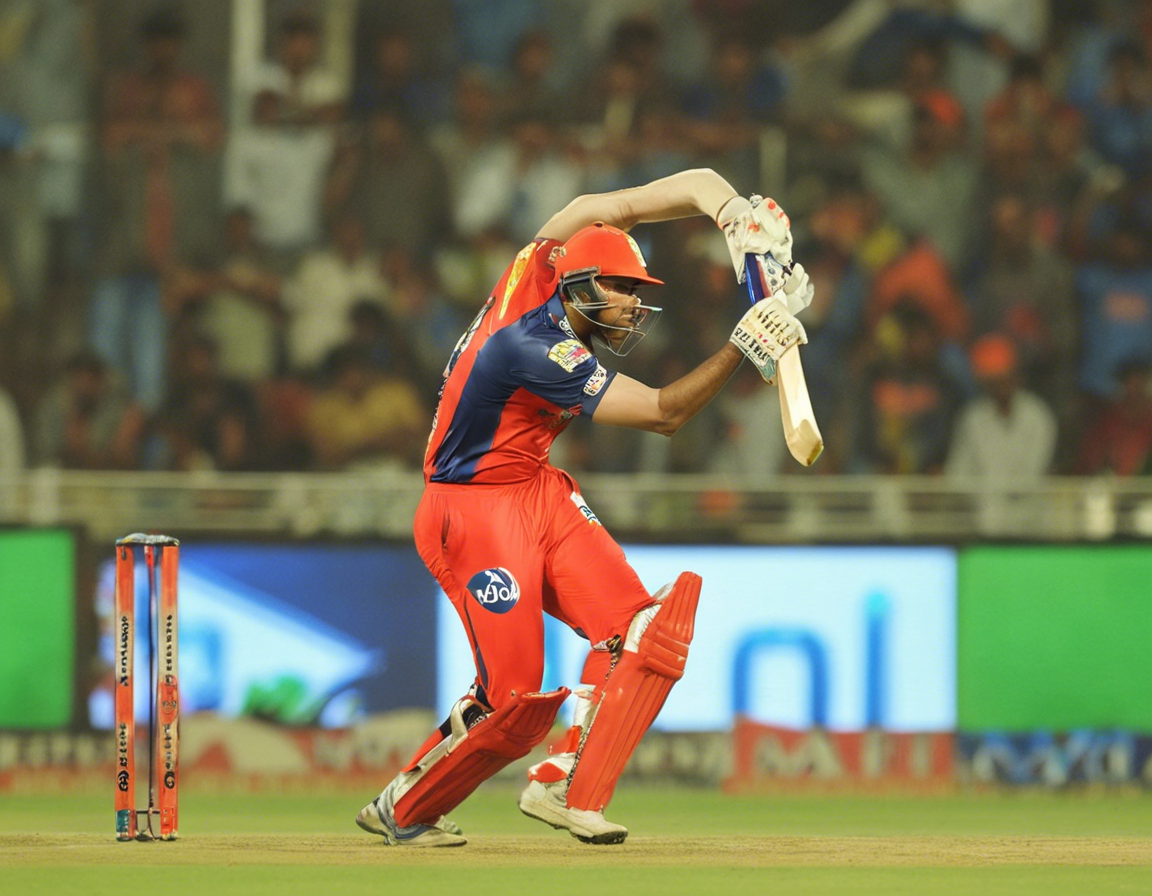Cricket is more than just a sport in India; it's a religion that unites millions of people across the country. And when it comes to the Indian Premier
Cricket is more than just a sport in India; it’s a religion that unites millions of people across the country. And when it comes to the Indian Premier League (IPL), the excitement and passion reach a whole new level. The IPL is not just a tournament; it’s a festival that captivates the nation for nearly two months every year. With some of the best cricketers from around the world showcasing their skills, the IPL has become one of the most-watched and anticipated cricket leagues globally.
Every IPL match is a spectacle in itself, with thrilling rivalries, nail-biting finishes, and incredible performances that keep fans on the edge of their seats. From explosive batting displays to crafty bowling spells, the IPL never fails to deliver high-octane entertainment.
In this comprehensive blog post, we will delve deep into the world of IPL cricket, exploring its history, format, teams, players, and the unparalleled excitement it brings to fans worldwide.
History of the IPL
The Indian Premier League was founded by the Board of Control for Cricket in India (BCCI) in 2008, with the first season taking place in April that year. The idea behind the IPL was to create a franchise-based T20 cricket league that would not only promote the shortest format of the game but also provide a platform for young talent to showcase their skills alongside established international stars.
Format of the IPL
The IPL follows a round-robin format, where each of the eight teams plays against each other twice in the league stage. The top four teams in the points table qualify for the playoffs, which consist of Qualifier 1, Eliminator, Qualifier 2, and the final. The team that finishes at the top of the table after the league stage gets two chances to make it to the final, while the second and third-placed teams get one chance each.
Teams in the IPL
Currently, there are eight teams that compete in the IPL, each representing a different city or region in India. These teams are:
- Mumbai Indians
- Chennai Super Kings
- Kolkata Knight Riders
- Royal Challengers Bangalore
- Sunrisers Hyderabad
- Delhi Capitals
- Rajasthan Royals
- Punjab Kings
Each team has its unique identity, fan base, and history in the IPL, making the tournament even more exciting and competitive.
Players in the IPL
The IPL boasts some of the biggest names in world cricket, with players like Virat Kohli, Rohit Sharma, AB de Villiers, and MS Dhoni headlining the star-studded league. From power-hitters to cunning spinners, the IPL features a perfect blend of youth and experience, local and international talent, making it a truly global cricketing extravaganza.
Excitement in the IPL
What sets the IPL apart from other cricket leagues is the unparalleled excitement and drama it brings to the table. Whether it’s a last-ball finish, a stunning catch, or an unexpected hat-trick, the IPL is full of moments that leave fans in awe and wanting more. The electrifying atmosphere in the stadiums, the fierce rivalries between teams, and the pulsating energy of the fans all contribute to making the IPL a truly unforgettable experience.
Frequently Asked Questions (FAQs) about the IPL
Q1: When did the IPL start?
A1: The first season of the IPL took place in 2008.
Q2: How many teams are there in the IPL?
A2: There are currently eight teams in the IPL.
Q3: Who has won the most IPL titles?
A3: The Mumbai Indians hold the record for the most IPL titles, having won the tournament five times.
Q4: Who is the highest run-scorer in IPL history?
A4: Virat Kohli holds the record for being the highest run-scorer in IPL history.
Q5: Which team has never won the IPL?
A5: The Delhi Capitals have never won the IPL title.
The IPL is more than just a cricket tournament; it’s a celebration of the game, bringing people together and creating lifelong memories. So, grab your jerseys, paint your faces, and get ready to witness the magic of the IPL unfold before your eyes. Let the games begin!

COMMENTS